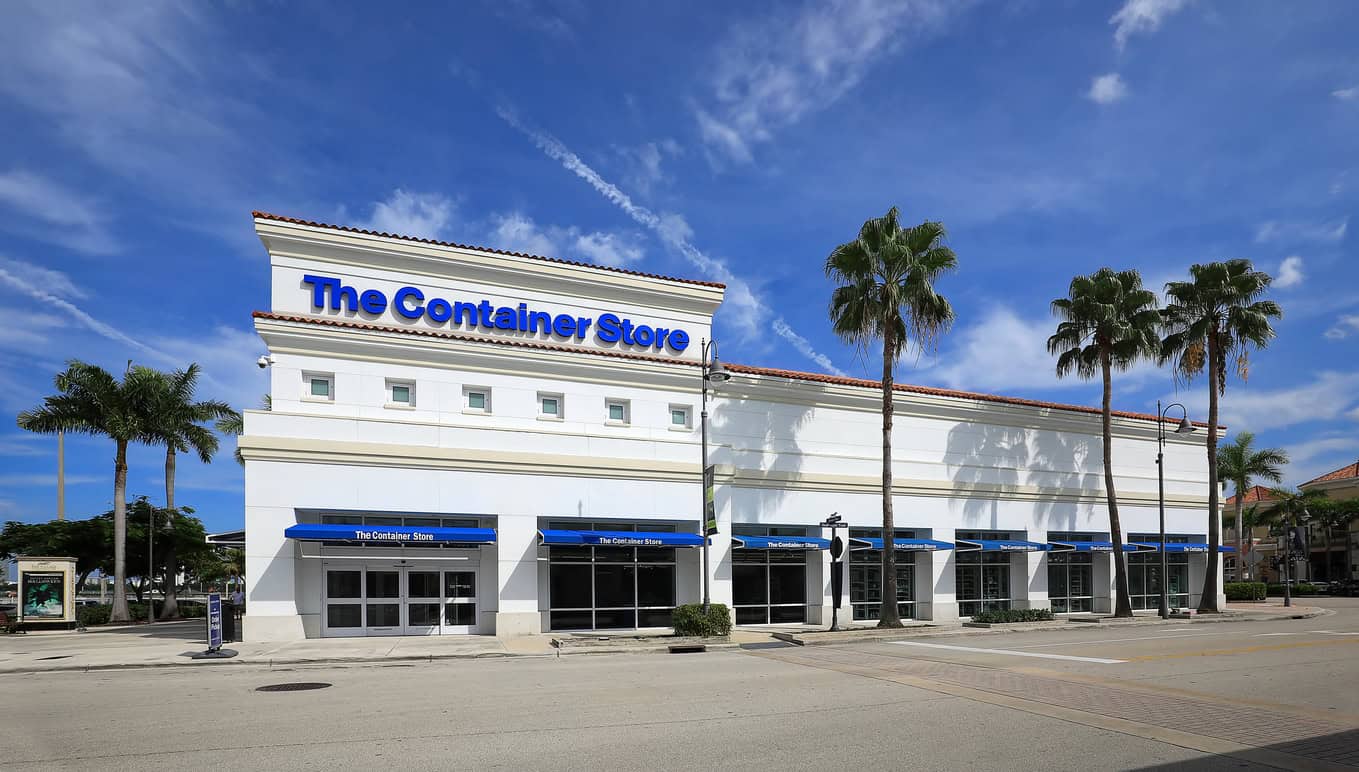
iStock.com/JillianCain
How Should The Container Store Be Reorganized?
The Container Store posted its second straight year of losses, received a delisting notice from the New York Stock Exchange, and is evaluating strategic alternatives that may include a sale.
The delisting comes as the retailer’s shares have been trading under $1.00, well below its high of $45 reached in 2013 when it ranked among Wall Street’s IPO darlings. The Container Store was initially lauded across the investment community for its employee-first culture and potential as a category killer in the organizing solutions space.
By 2016, however, sales and profits were sliding amid heightened competition as Kip Tindell, Container Store’s co-founder and visionary, stepped down as CEO. Fortune said at the time, “Container Store has struggled to adjust to a tough retail environment amid more aggressive moves by rivals like Walmart, Staples, and Ikea, as well as e-commerce’s incursion into its product category.”
The chain received a boost in the early stages of the pandemic as stay-at-home restrictions led to elaborate closet remodels and a partnership was formed with organizing guru Marie Kondo, star of the Netflix series “Tidying Up with Marie Kondo.” However, the decluttering craze also drew even more competition, including Walmart partnering with the “Get Organized with the Home Edit” Netflix series on a collection and Target launching Brightroom, its first storage and home organization private label.
The Container Store’s challenges also come amid softness across the home space coming out of the pandemic, marked by the closings of Bed Bath & Beyond and Tuesday Morning.
Container Store’s sales peaked at $1.1 billion in its fiscal year that ended March 31, 2022, but it closed its latest fiscal year at $847.8 million, below pre-pandemic levels.
In an interview with Dallas Morning News in 2022, Satish Malhotra, The Container Store’s CEO since 2021, cited the retailer’s extensive product range spanning 10,000 items as well as expertise, reliability, and warranties as continued points of differentiation.
On its fourth-quarter analyst call last week, Malhotra announced plans to build on those strengths, including further leaning into its Custom Spaces platform, a newer business that was introduced after the company’s December 2021 acquisition of Closet Works, a manufacturer of wood-based closet organization systems. The acquisition built on The Container Store’s custom closet offering, including increasing its capacity to sell custom spaces that cost more than $2,000.
With more than 100 in-home designers and plans to hire over 50% more this year, Malhotra reiterated that he sees Custom Spaces having the potential to grow “from 40% of sales to 60% of sales over time.”
Custom Spaces comp store sales declined 14.2% in the fourth quarter but comparatively outperformed retail comps and saw slightly positive comps in premium lines. Retail comps were down 21.8% due to a 26.7% decline in general merchandise categories.
To better support the Custom Spaces business, The Container Store is lowering some prices with the benefit of decreased costs in raw materials and freight while better prioritizing the completion of projects on time and within budget. The business is also being better linked to stores. At the store level, private label investments are being made to bring in some lower price points.
Marketing overall is being shifted to more of a full-funnel marketing approach to raise brand awareness for both the Custom Spaces and retail businesses after approaches in the past year focused on driving conversion amid constrained marketing budgets.
A positive is that the organizing solutions opportunity remains robust. According to a recent survey of 2,000 U.S. homeowners by The Container Store, 40% are afraid of facing the clutter in their homes and more than 70% feel overwhelmed when their homes are untidy.
Malhotra told analysts, “There are so many consumers out there contending with the stress of clutter in their homes, and we are uniquely equipped to help them to reclaim their lives and their spaces back. So the more that we can tell that story, the better we can help our customers overcome their current constraints.”
Discussion Questions
How do you think The Container Store may have to reposition itself amid heightened competition in the organizing solutions category and the pullback in home investments?
Will the chain’s shift to focus on Custom Spaces help support a retail recovery?
